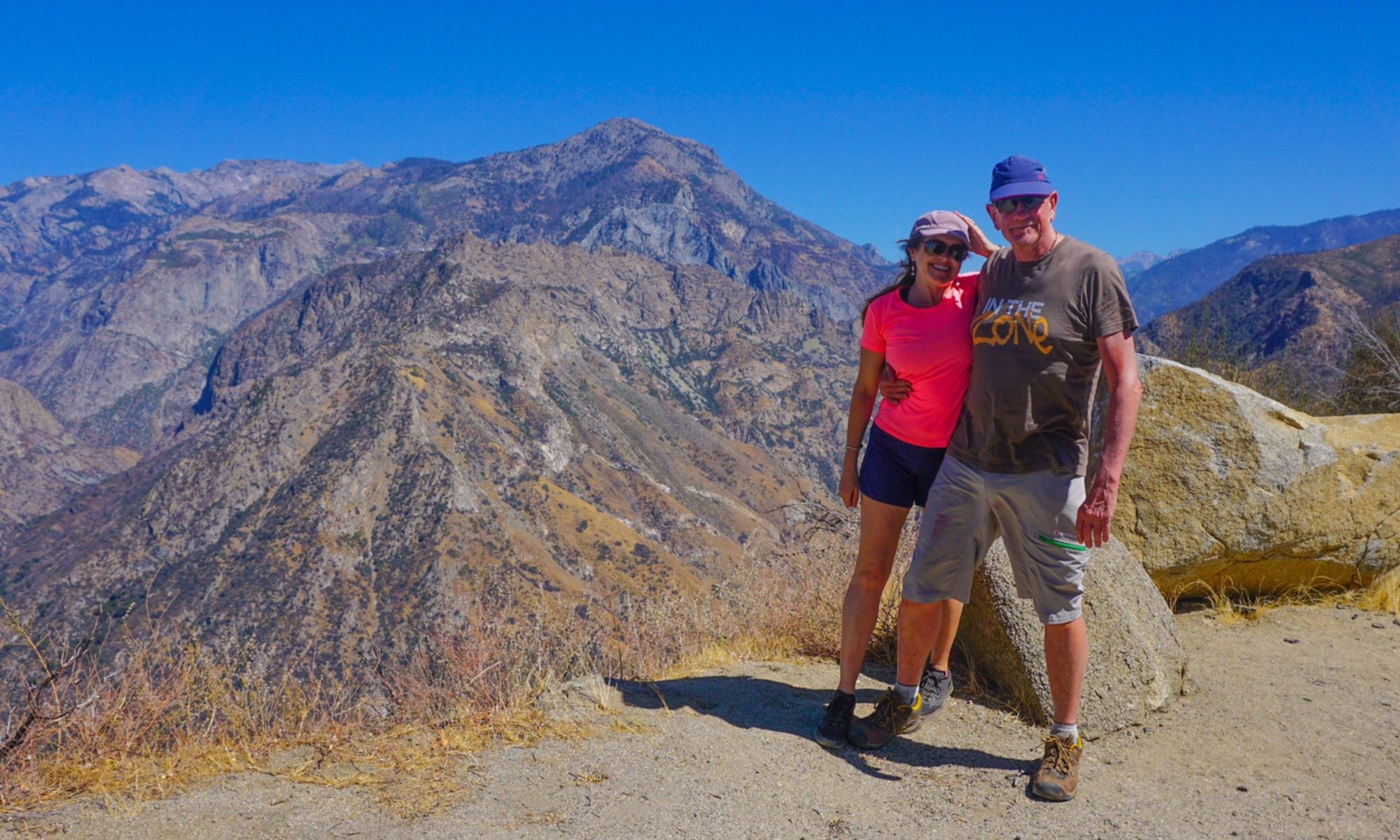Author: Mrs A
Location: Tavistock and Plymouth, Devon, UK
Leaving our campsite in Dorset, it was just a hop skip and a jump into Devon, the adjoining county. Our next destination was a campground near Tavistock in Devon, just north of Plymouth.
We first became aware of The Old Rectory, Camping and Caravan Park when we were desperately looking for a place to live, just before Easter. The nephew of Declan (the campground owner), knows someone we know, as he contacted us via Facebook and suggested we park up here. As it turned out we were able to find and rent Honeysuckle Cottage in West Bagborough instead, and the rest is history.
Still, we had taken note of this location, surrounded by interesting hikes and cycleways, and nestled a short way from the tors and moors of Dartmoor, and had decided to book in for two weeks. What a great decision!
The weather has been variable since we arrived, with temperatures similar to winter in Australia (daytimes at 16-18 degrees) with a good dose of rain and drizzle ranging to a hot and humid late 20s the past couple of days.
Our first impression of Tavistock was of a grand, good looking town, with its central square centred around its Pannier Markets. These were purpose built in the 1850s by the 7th Duke of Bedford using money made from the local copper and asbestos mining operations. The river was re-routed to allow for this building and the square (Bedford Square). There are still markets held here every Wednesday, Thursday and Friday.
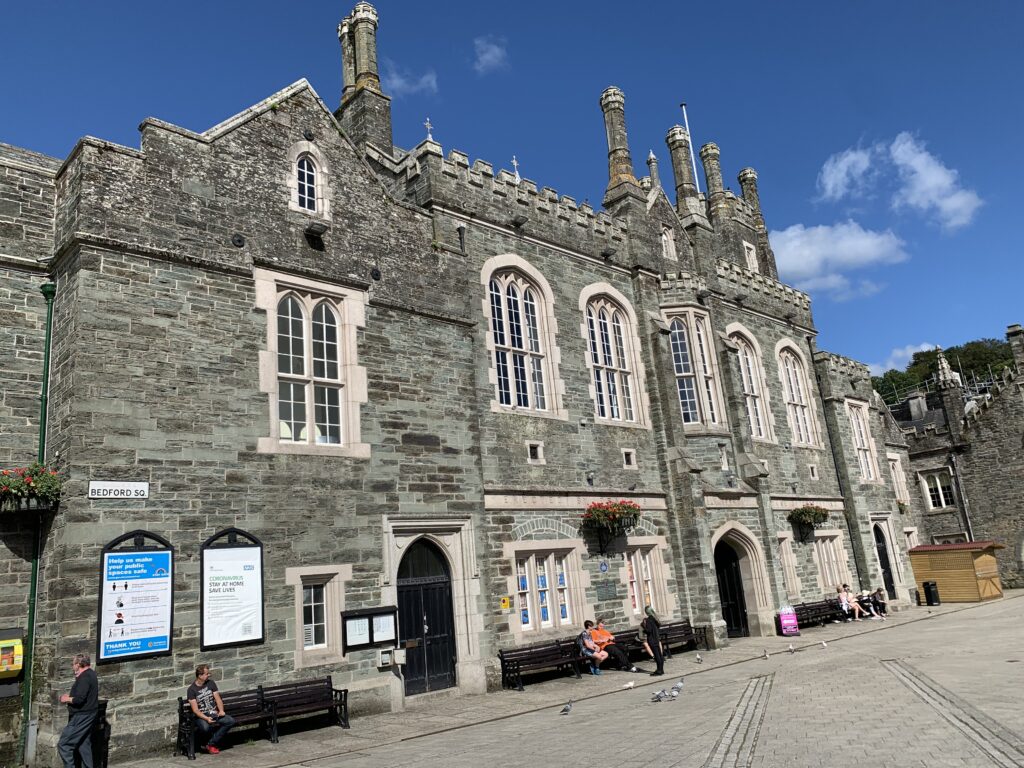
The sunshine of our first day was not set to last, so on Tuesday morning we decided we would cycle into town and have a good look around. Our campsite, The Old Rectory is just out of town, but we managed to ride in with only a short distance travelled on roads.
Diverting down a narrow farm track, we soon arrived at the Tavistock Canal. This picturesque area is now primarily a footpath (bikes tolerated with care), but has an interesting history dating back to 1817. It links to the River Tamar and Morwellham Quay, and was used to transport goods for shipping. These days it’s home primarily to waterfowl, but the excellent craft involved in building this watercourse is still holding strong.
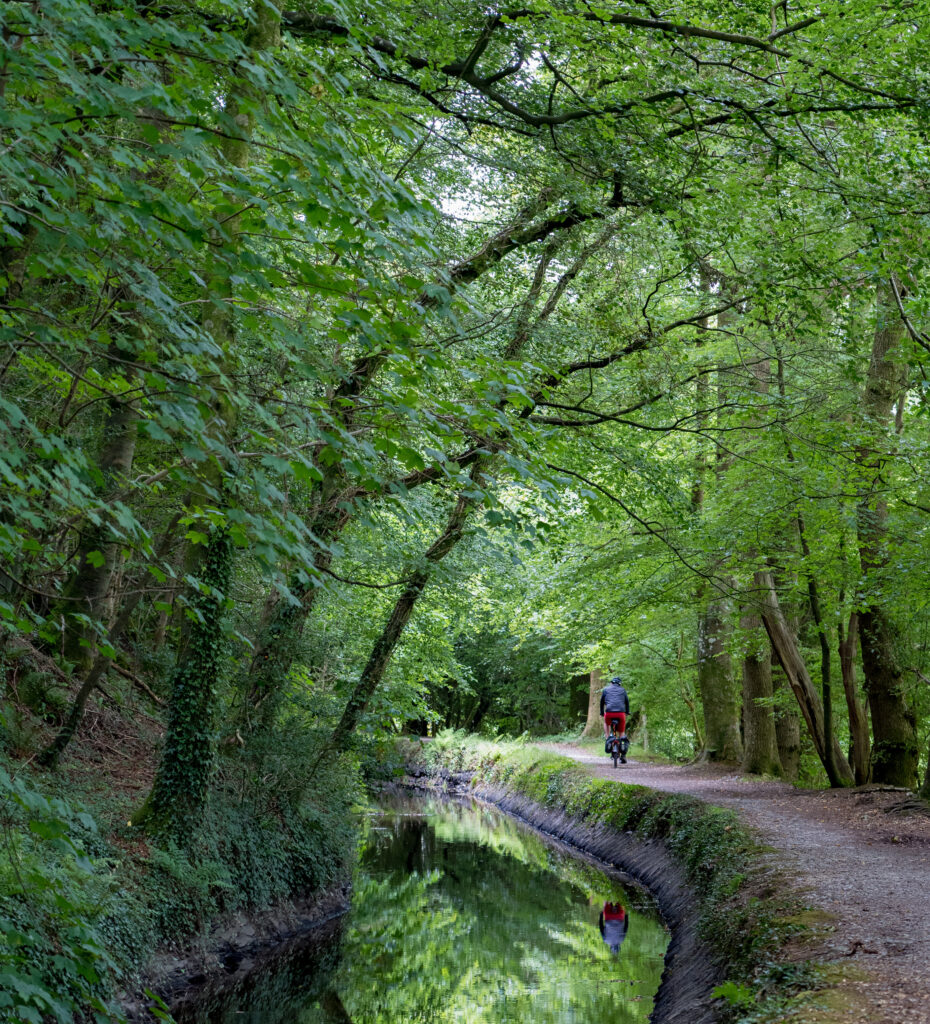
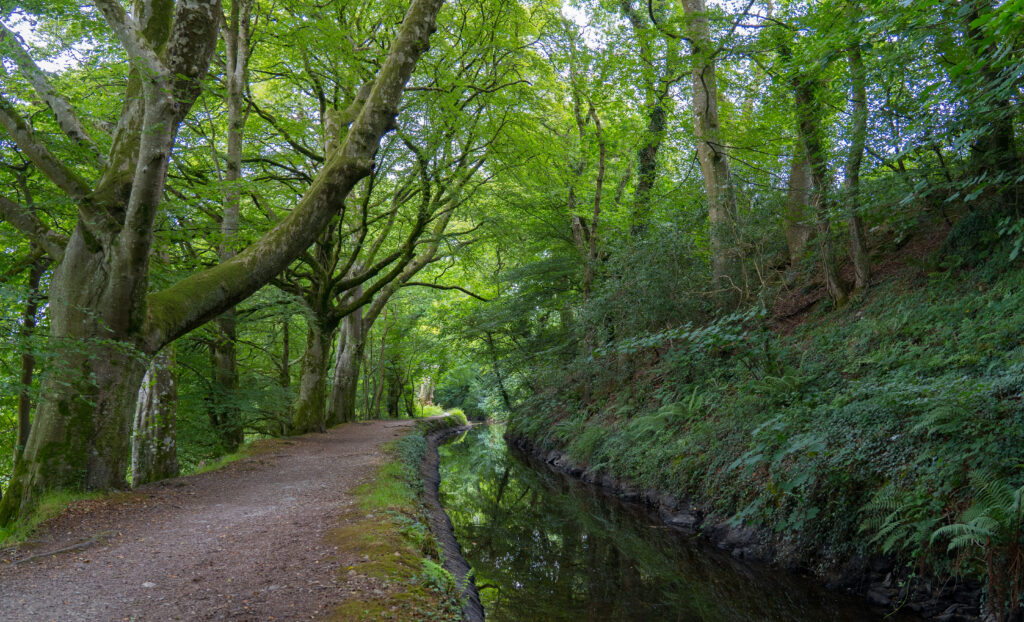
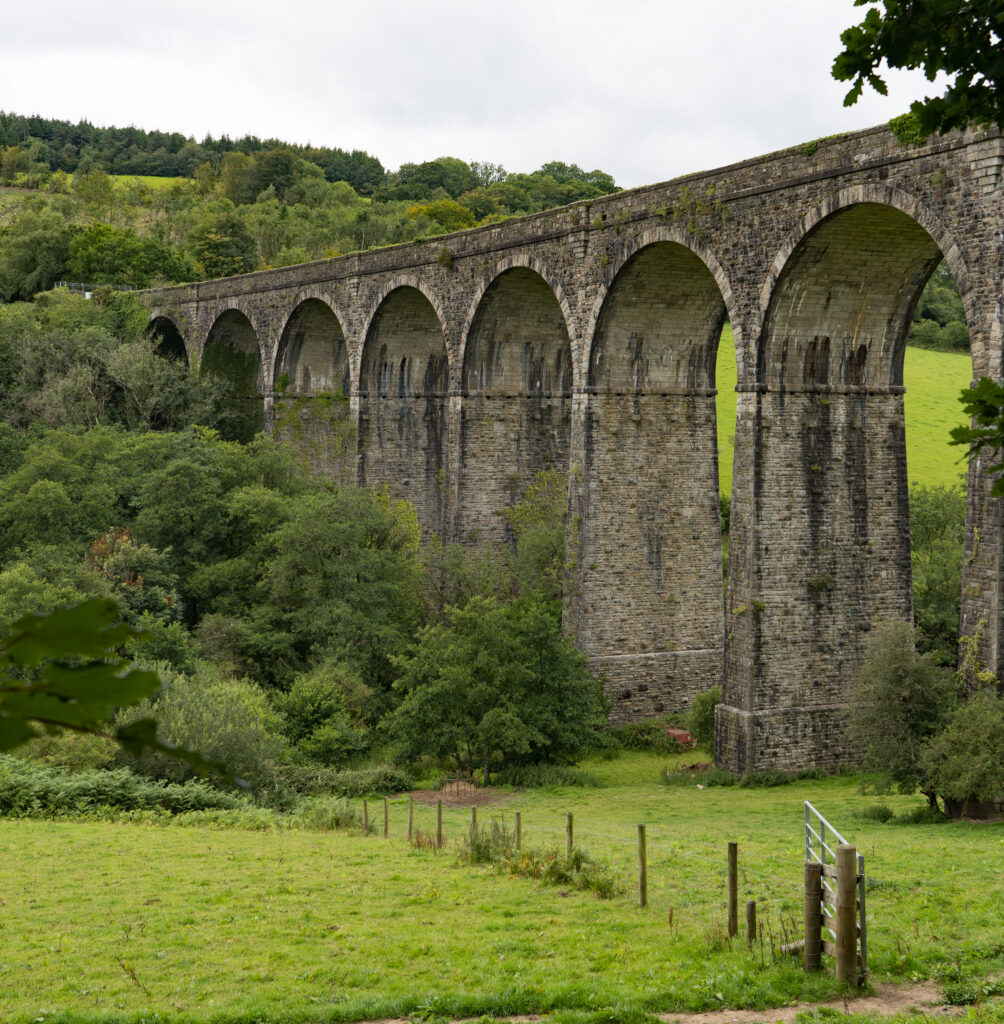
We had a good explore around town on our bikes, the rain holding off enough for us to enjoy a picnic of Cornish Pasties (a vegan one for me – one of the benefits of this latest food trend is dairy-free goodies!) and a hot chocolate.
Wednesday dawned grey, but the rain continued to hold off, so we donned our walking boots and decided to hike to see the aforementioned Morwellham Quay (Strava link). Our campground is located in the hamlet of Gulworthy, on the edge of a huge network of mountain biking and hiking tracks known as the Tamar Trails. The trail network is open for all to use, with maps around detailing which are for walkers only versus shared with bikes.
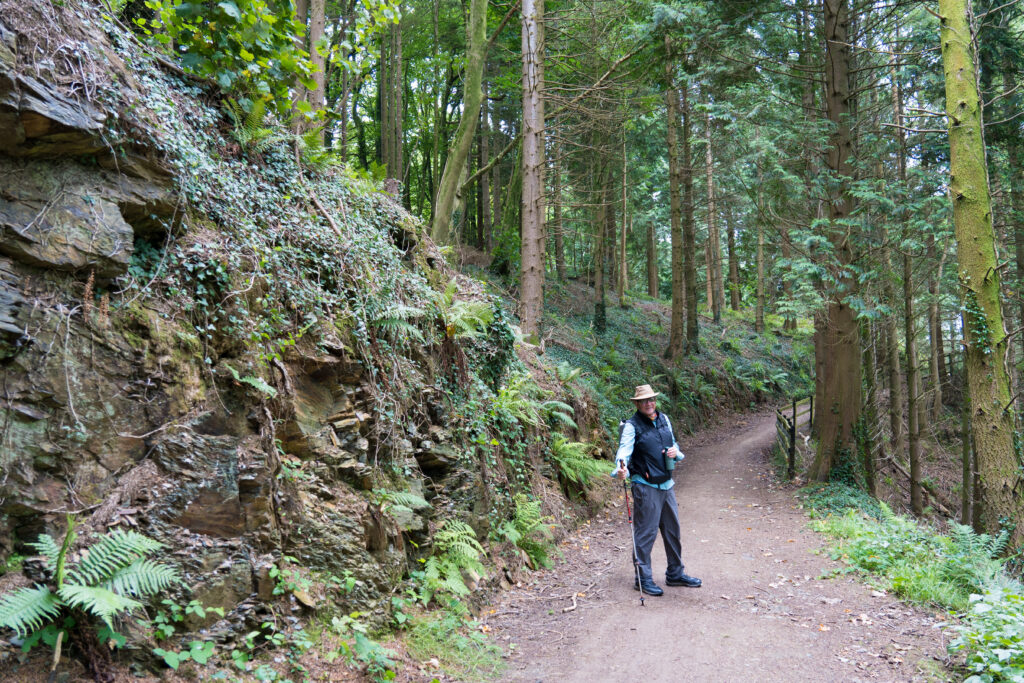
This whole area is part of the Cornish and West Devon Mining Landscape World Heritage Site – protected along with the likes of the Taj Mahal and the Great Barrier Reef in Australia. The Tamar Valley was home to numerous successful copper mines in the 19th and 20th centuries.
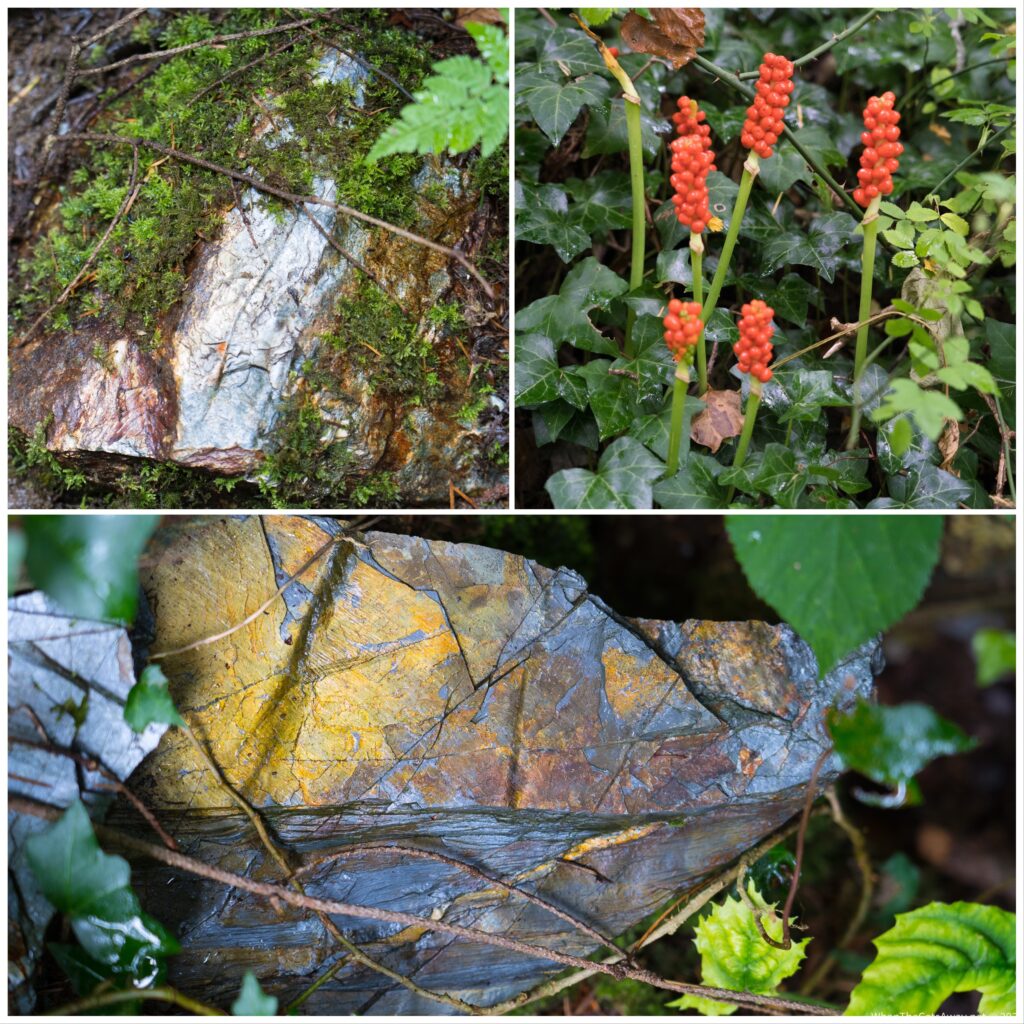
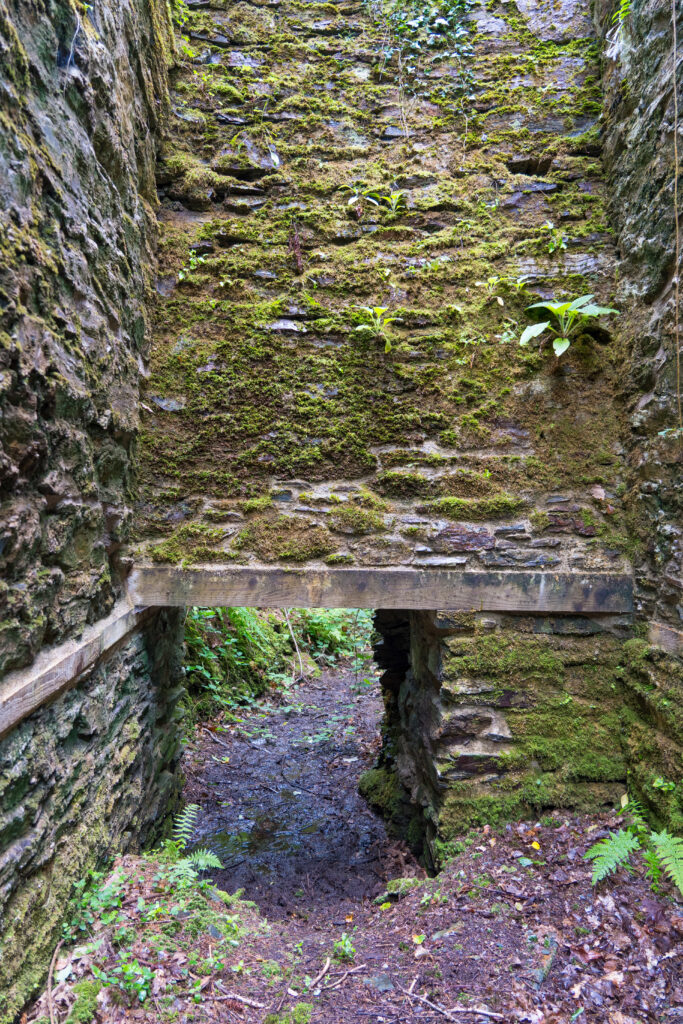
We made it down to Morwellham Quay, the site of what used to be a busy bustling port – shipping copper to Swansea to be smelted, and receiving other goods such as coal from Wales. Today it’s a museum, with carefully restored mining artefacts and (when there is no Covid), theatre and exhibits depicting life for the mine workers and their families.
Mark had read that the pub, The Ship Inn, had just reopened its doors to the public, and spotting empty benches and an open door, checked to see whether they were serving yet. It was 11.30am, but yes indeed, two half pints of a locally brewed beer were soon drawn and we enjoyed those sitting outside on the cobbled streets.
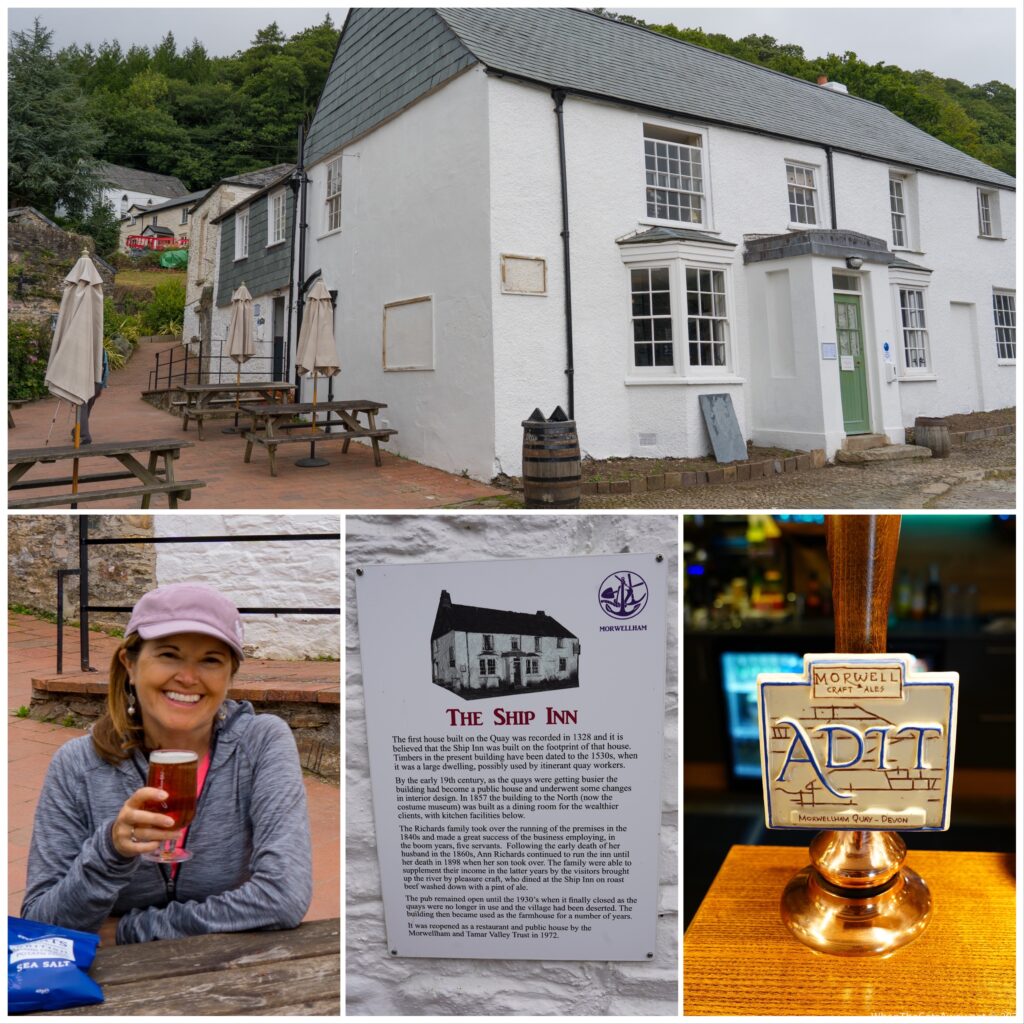
It was very quiet on this afternoon, just a few people camping in the nearby field, and none of the usual attractions open. We explored what we could around the quay, all very interesting and somewhat hard to imagine with the river not looking deep enough to cater to much more than small pleasure boats, much less the huge ships required to transport goods.
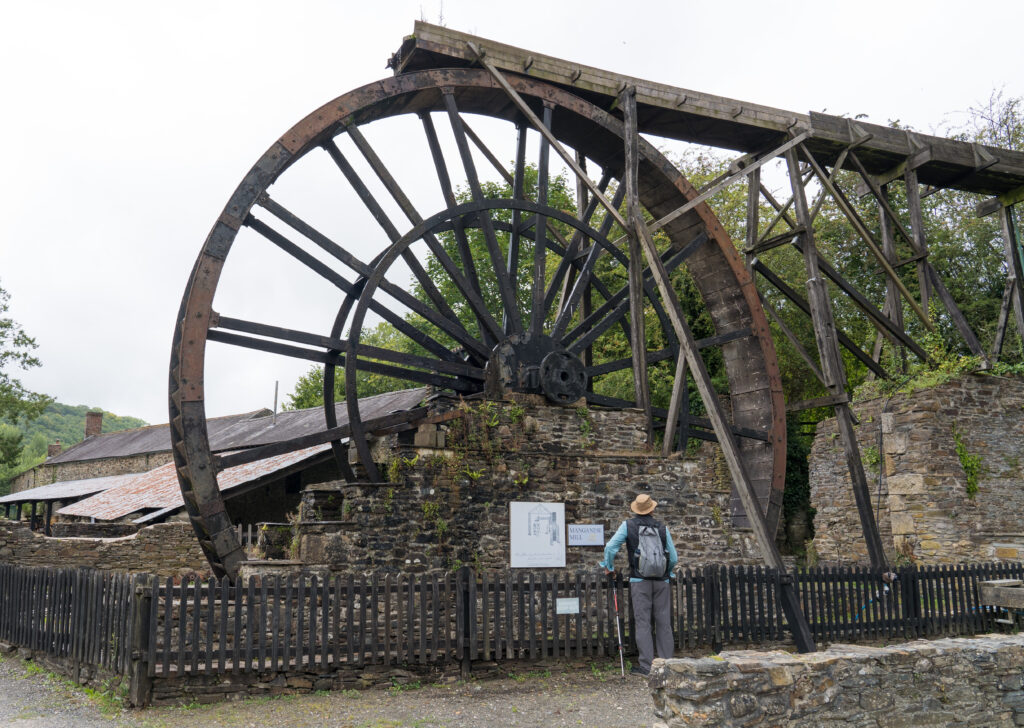
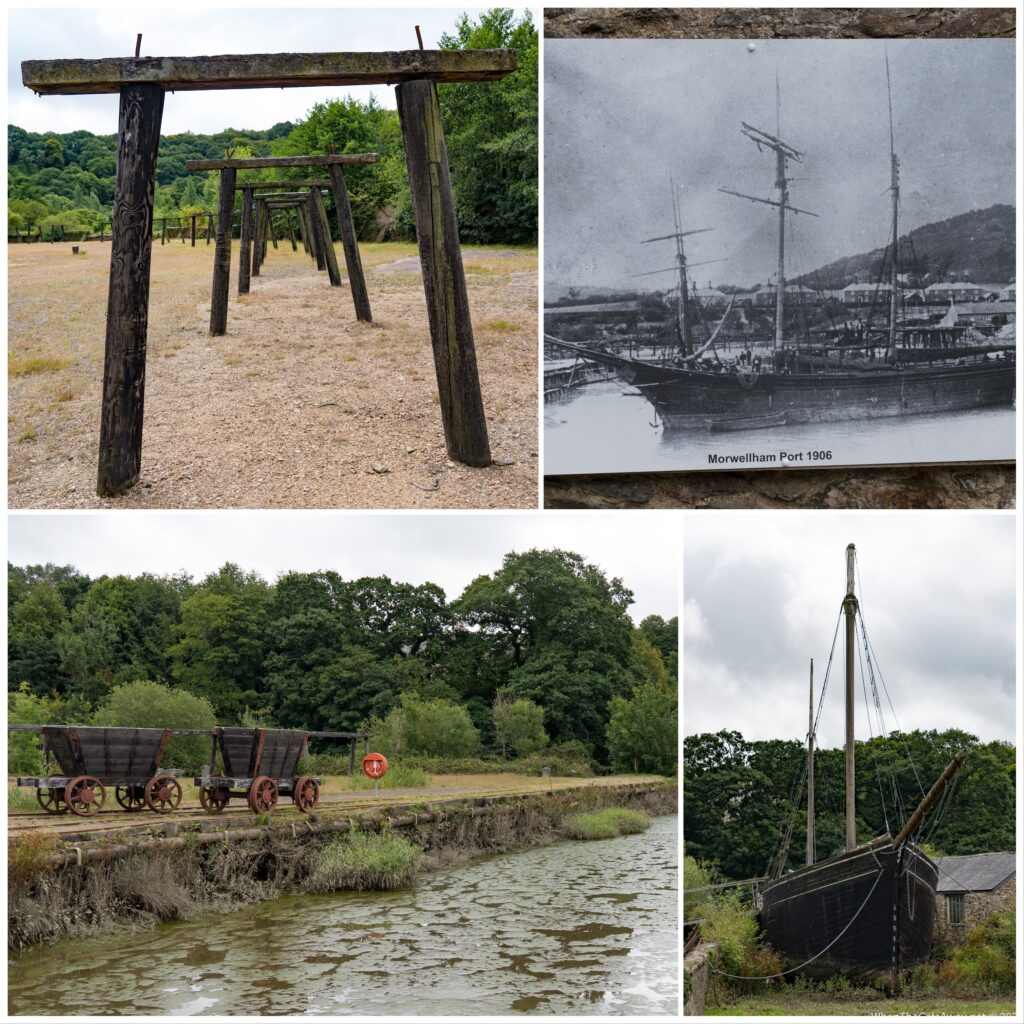
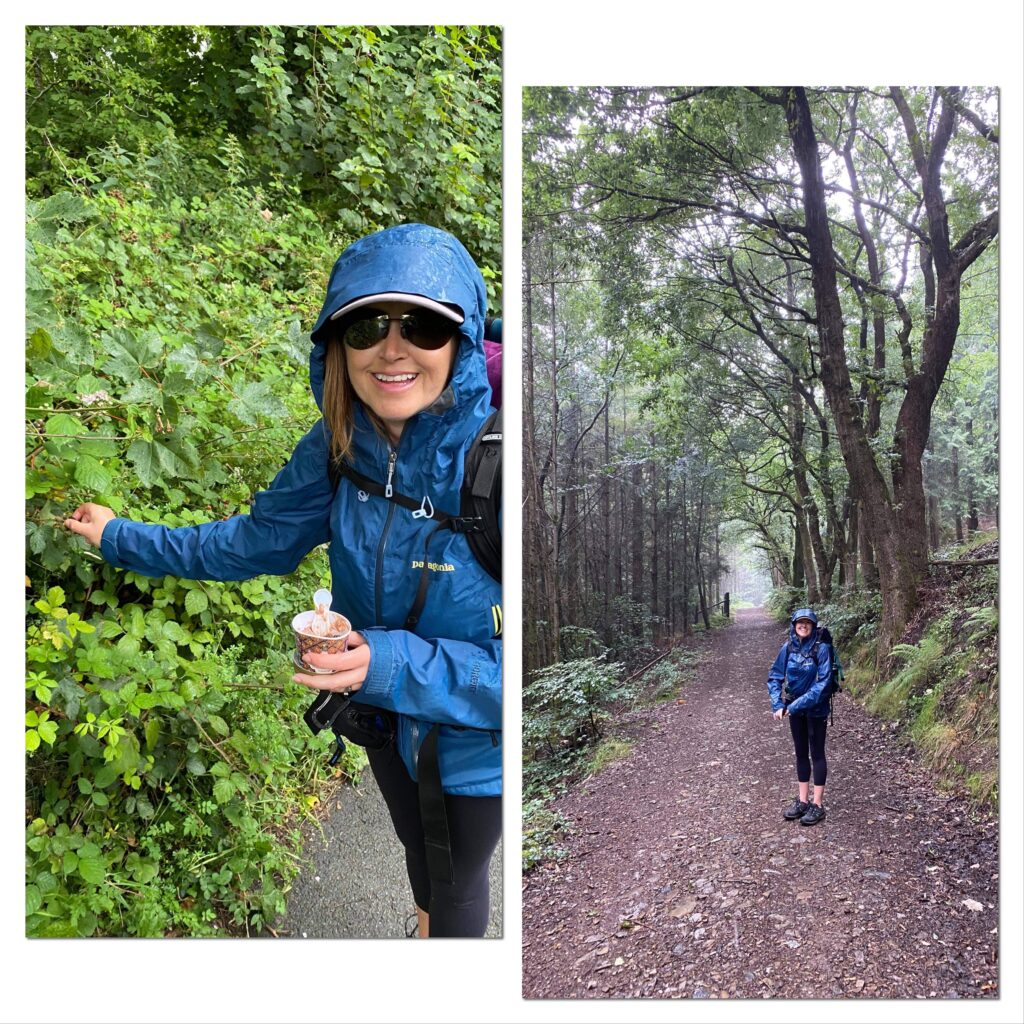
The following day was wet and drizzly, our location high up on the edge of Dartmoor meaning we were surrounded by cloud and fog. We caught a bus into Tavistock to have a look around the Pannier Markets and shops. It’s such a shame the experience has been tainted by this virus. Masks have to be adorned, the market stalls have been halved to allow for social distancing, and people are somewhat on edge. I think the whole experience of not being able to see peoples’ faces has tainted perceptions. A visage hidden behind a mask can look threatening and unfriendly and sadly that is how we were treated in a few of the stores. We didn’t spend long in town, stopping only for lunch in a cafe and returning to Truffy earlier than anticipated.
Friday morning we woke early for us (before 7am!) as fine weather was promised and we had an exciting day planned.
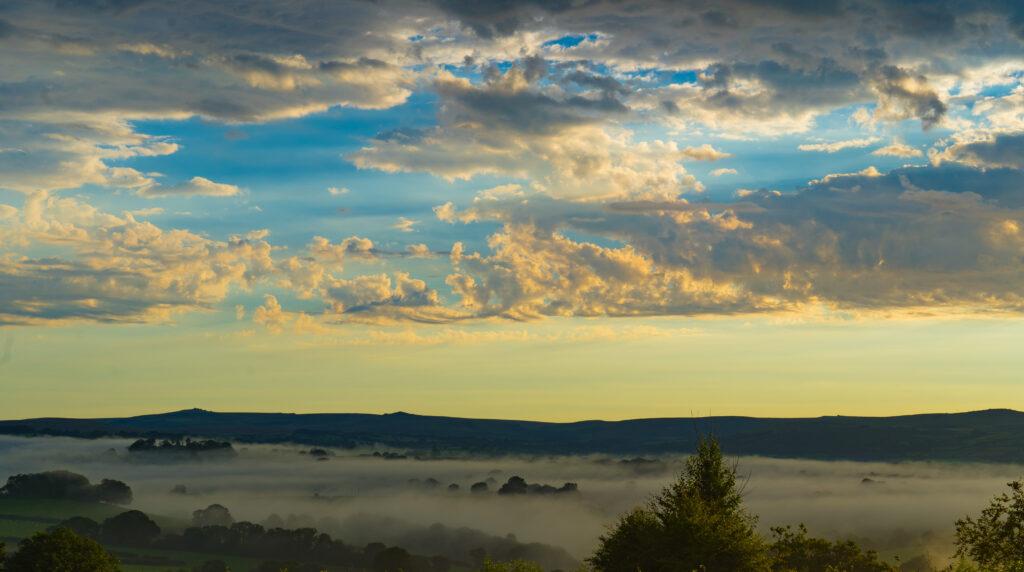
We cycled to the next village of Gunnislake and caught the train from there into Plymouth.
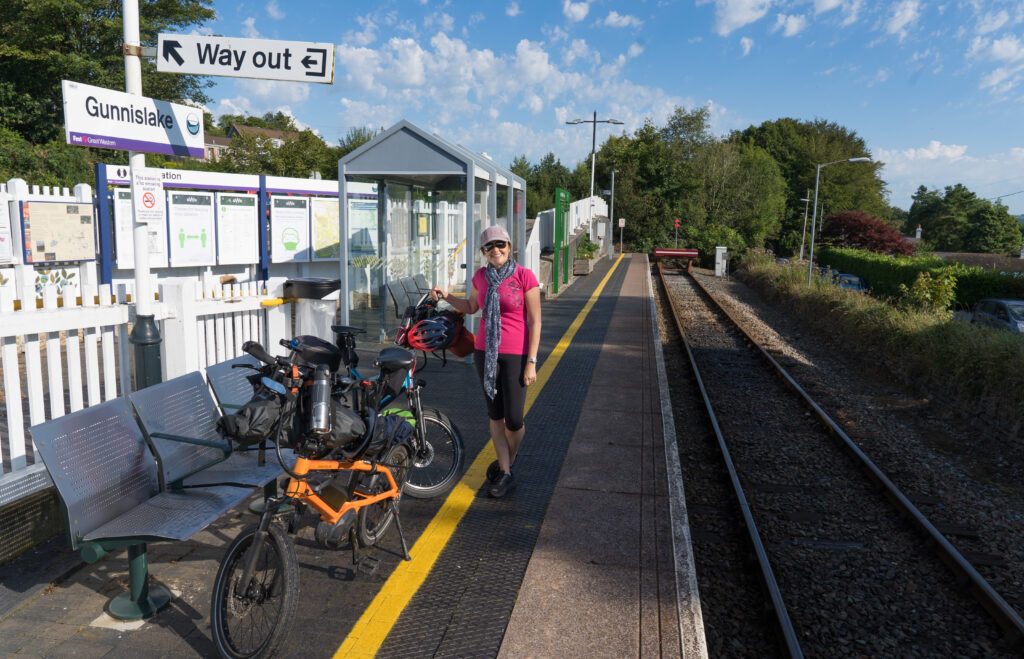
Face coverings are required on trains, and I didn’t much fancy wearing a hot mask for the best part of an hour. I experimented with my scarf, which worked quite nicely.
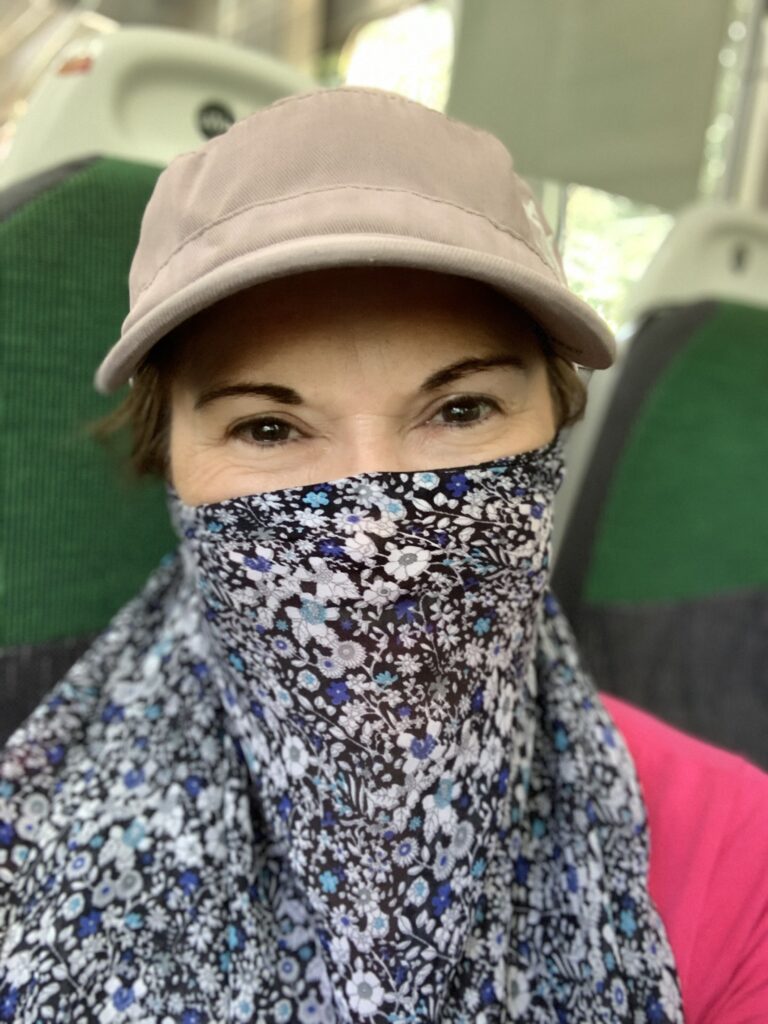
Neither of us can remember ever visiting Plymouth before and were both impressed on arrival. It was a short cycle from the train station down to the front, adorned with magnificent hotels with incredible views.
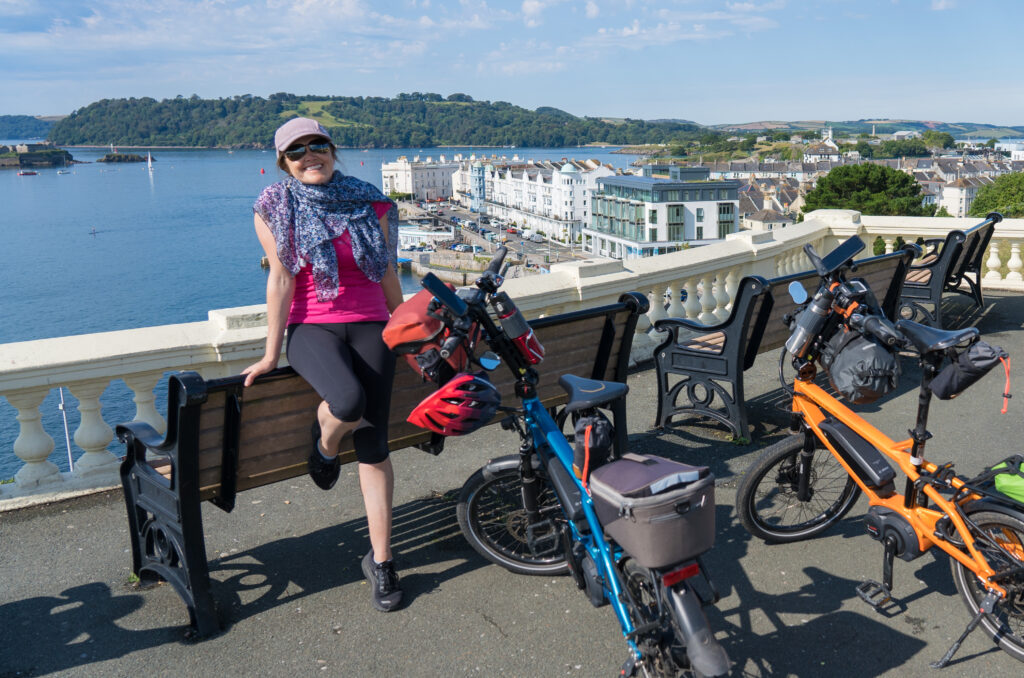
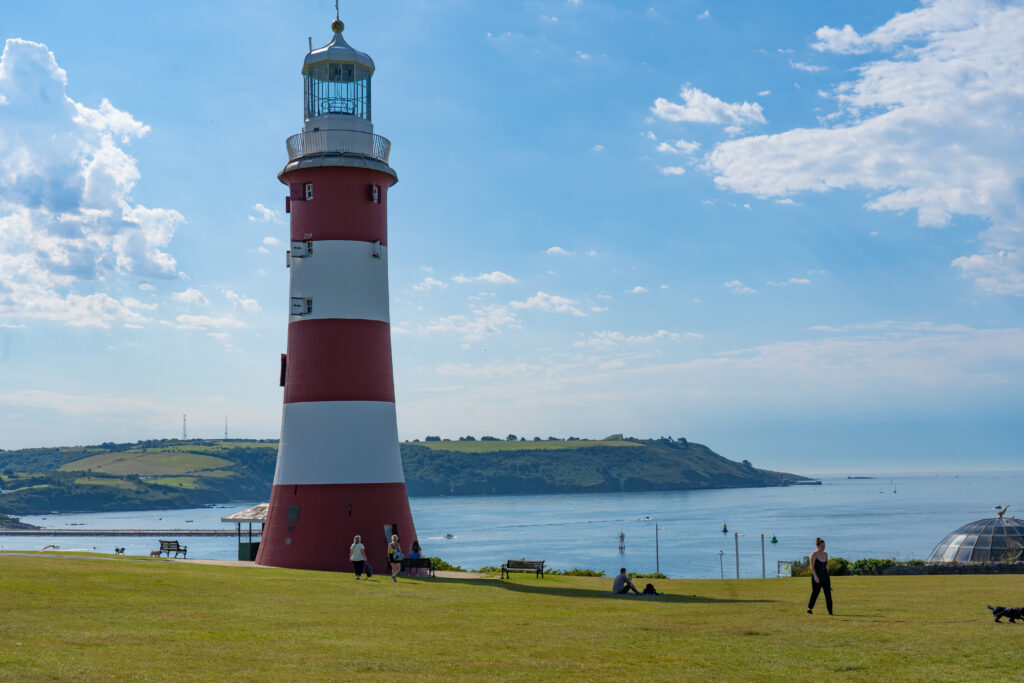
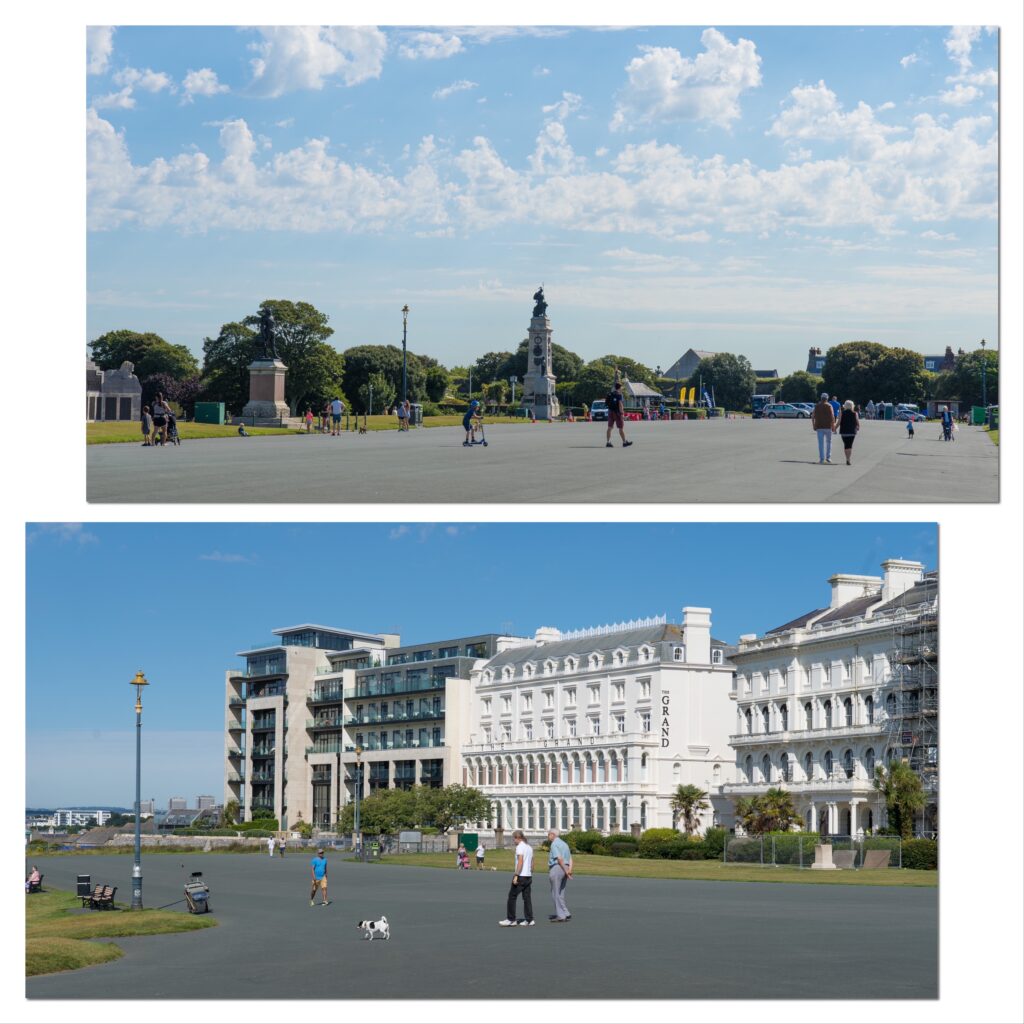
We explored around the Barbican area, a buzzing harbourside suburb
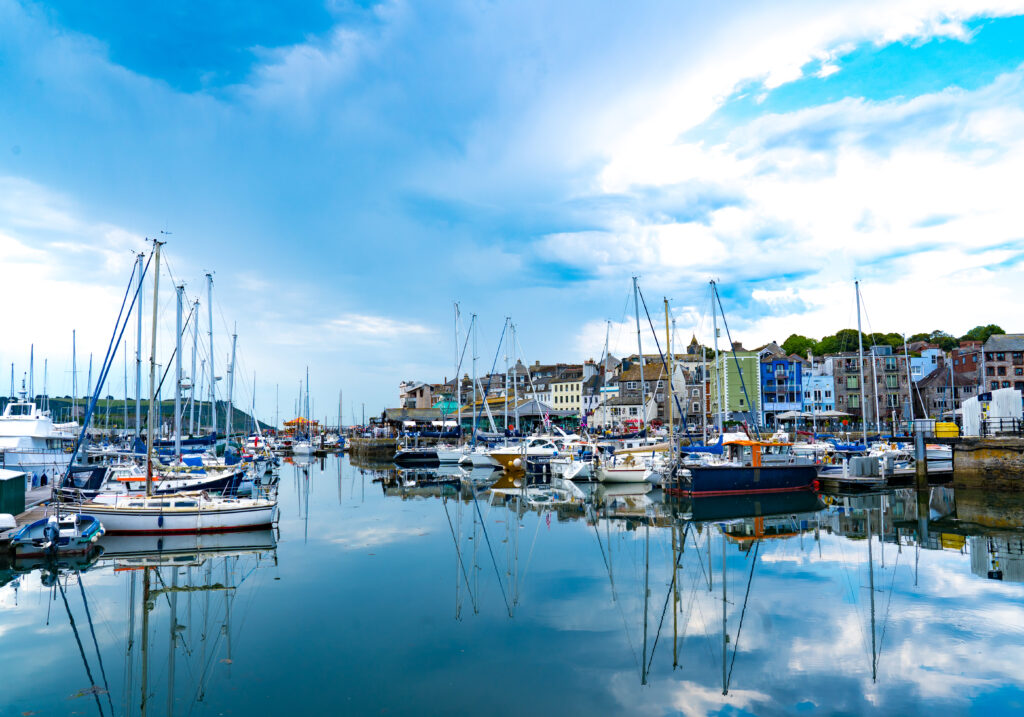
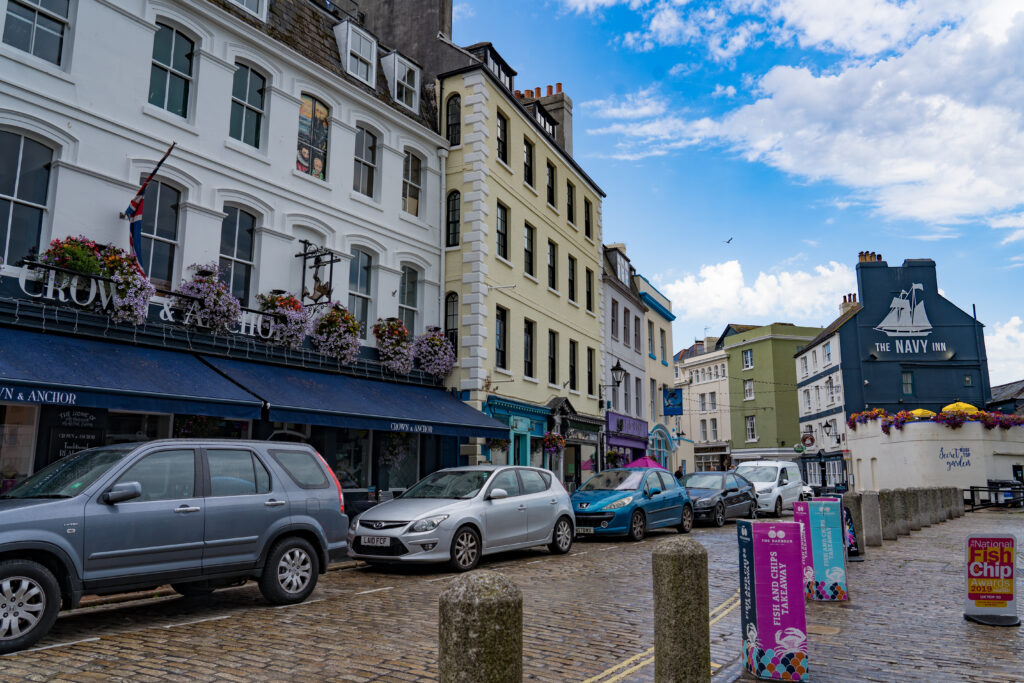
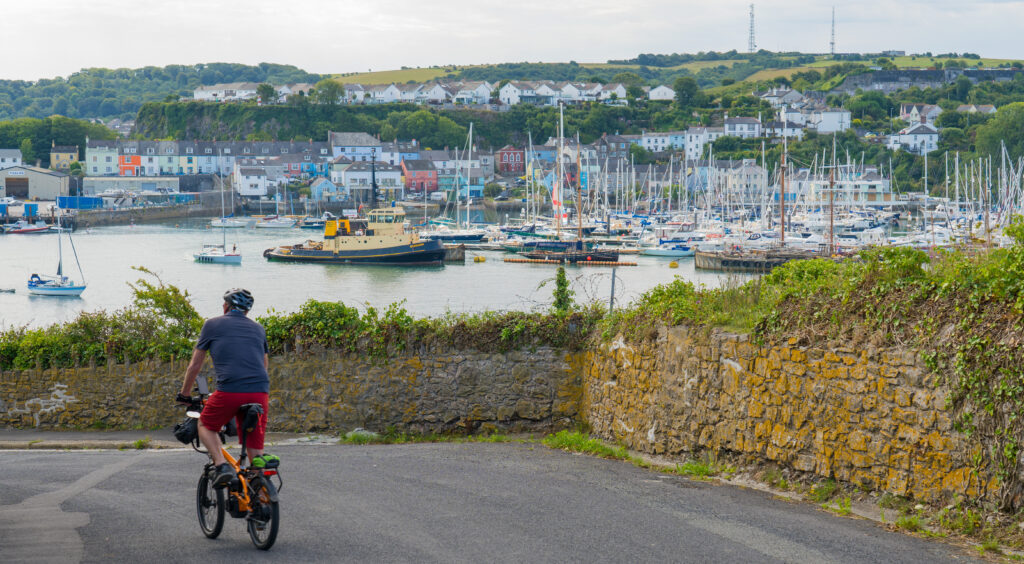
We had an explore around the foreshore, enjoying the authenticity of the port buildings and fish markets, not simply providing sights for tourists. When the storm hit, we ducked into a pub to find lunch.
Sated, we set off on our way back to Tavistock. We rode along National Cycle Route 27, following a section known as Drake‘s Trail, named after Sir Frances Drake, the famous Elizabethan seafarer. The track is a 33km (21 mile) route which winds through riverside fauna, forest and through part of Dartmoor National Park.
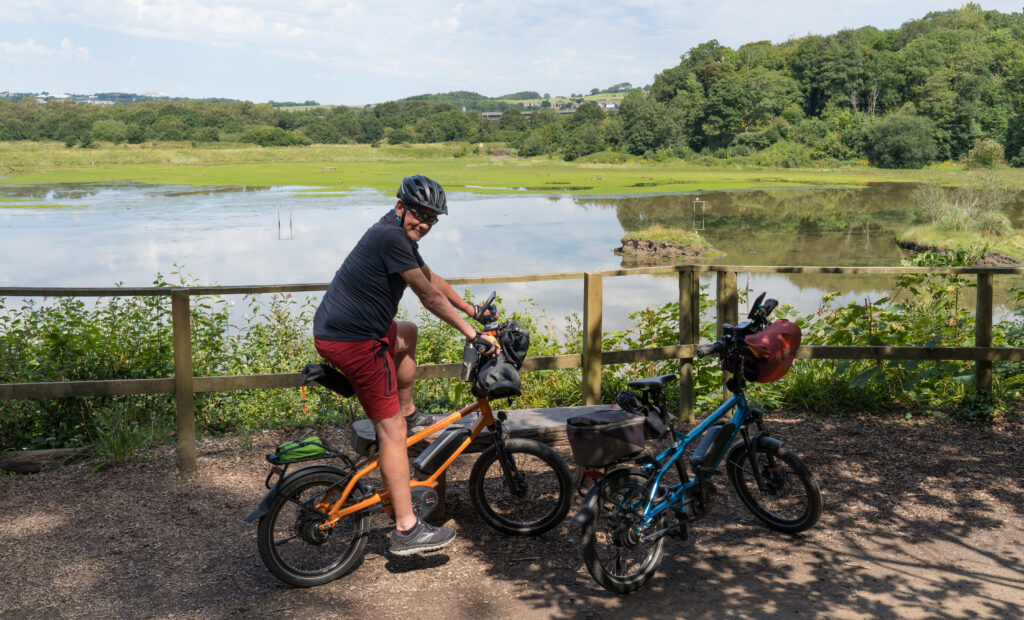
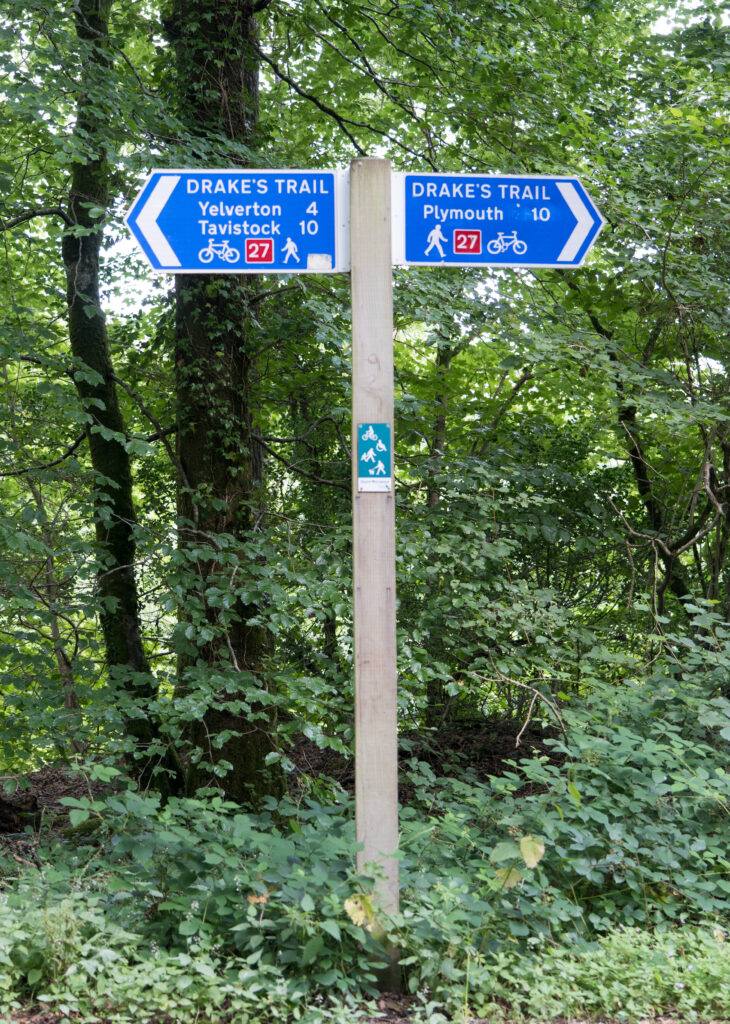
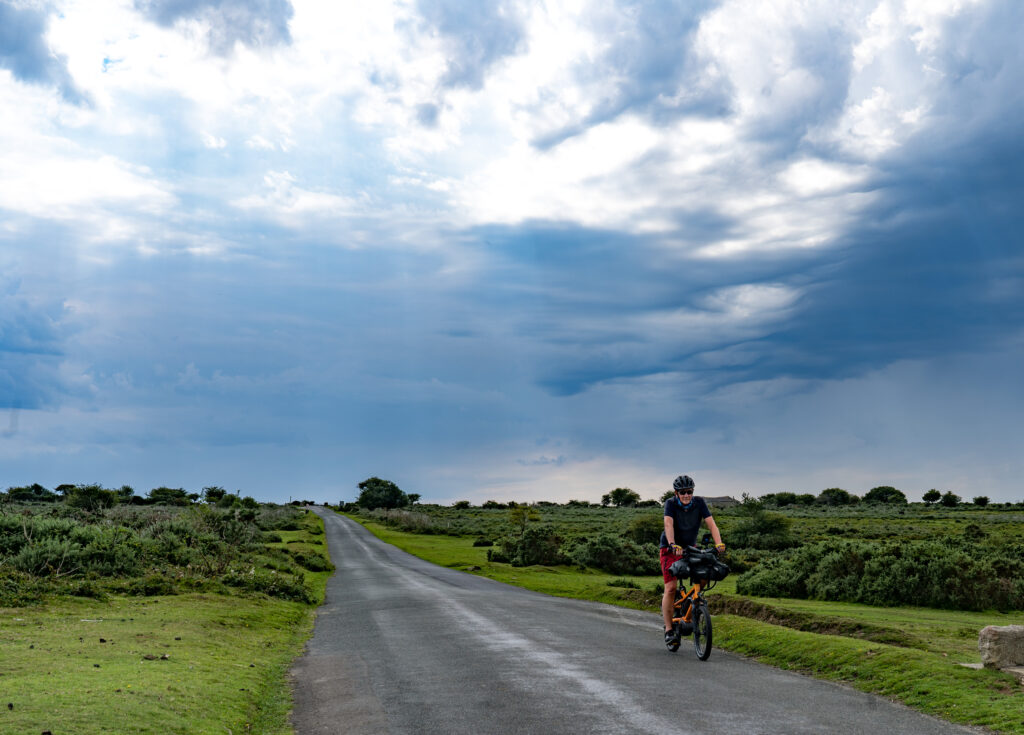
It was a great day out, and we left Plymouth keen to visit again. It is such an interesting city – with islands, forts, and a lot of history to explore. It’s on our list for a longer trip in the future.
A hot day dawned on Saturday so we had a chilled out day. Next month I have been invited to present at an online conference (for the Patient Centred Outcomes Research Institute – PCORI) about conducting research via the rare disease support group I run, so worked on my biography and presentation, while we caught up with the washing before the next rain arrives.
